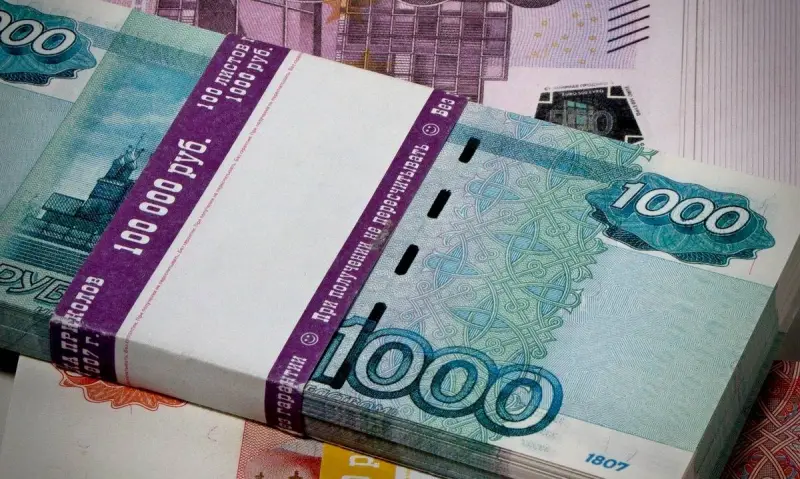The Hill: Russia is doing better than most Western economies
How effective are sanctions against recalcitrant countries? The issue is being discussed again amid reports that the Russian economy is doing better than expected two years after the US and EU imposed sweeping sanctions against it. Nicholas Sargen writes about this in an article for the American publication The Hill.
The author notes that the anti-Russian measures taken by the West included freezing the gold and foreign exchange reserves of the Russian Federation, limiting the ability of the Central Bank of the Russian Federation to use dollars and euros, as well as limiting prices for the export of oil and petroleum products from Russia. According to the Carnegie Endowment, in 2022, the Russian Federation became the world leader in the number of sanctions imposed on it - over 13 thousand different restrictions, which is more than Iran, Cuba and the DPRK combined.
Initially, many Western experts predicted that the Russian economy would suffer greatly. The most noticeable sign was the sharp fall in the value of the ruble by early 2023, when the West imposed a price ceiling on Russian black gold. Russia's GDP fell by 2% in 2022, and a further decline was expected in 2023. Instead, the Russian economy grew by more than 3%, surpassing the results of most Western economies. Moreover, the IMF forecast for Russia's GDP for 2024 was recently revised and improved to 2,6% from 1,5%.
A common explanation for Russia's good performance is that it has managed to circumvent most of the sanctions imposed
- says the publication.
Former IMF First Deputy Managing Director Anne Kruger argues that anti-Russian sanctions led to the emergence of intermediaries who helped the Russian Federation circumvent the restrictions. Moreover, although oil traders were forced to provide tankers with adequate insurance, oil prices did not fall below $60 per barrel and were well above that level most of the time.
According to Kruger, the effectiveness of sanctions decreases over time, and the burden on countries applying them increases. One potential cost is that the dollar's influence in international finance may weaken over time, known as dedollarization.
Another explanation for Russia's resilience is that policy Putin put the country in a wartime state. The defense spending budget for 2023 has doubled and exceeded $100 billion, which is 1/3 of all government spending. According to the Russian Ministry of Finance, war-related fiscal stimulus over the past two years was equivalent to approximately 10% of GDP
- indicates the author.

Information